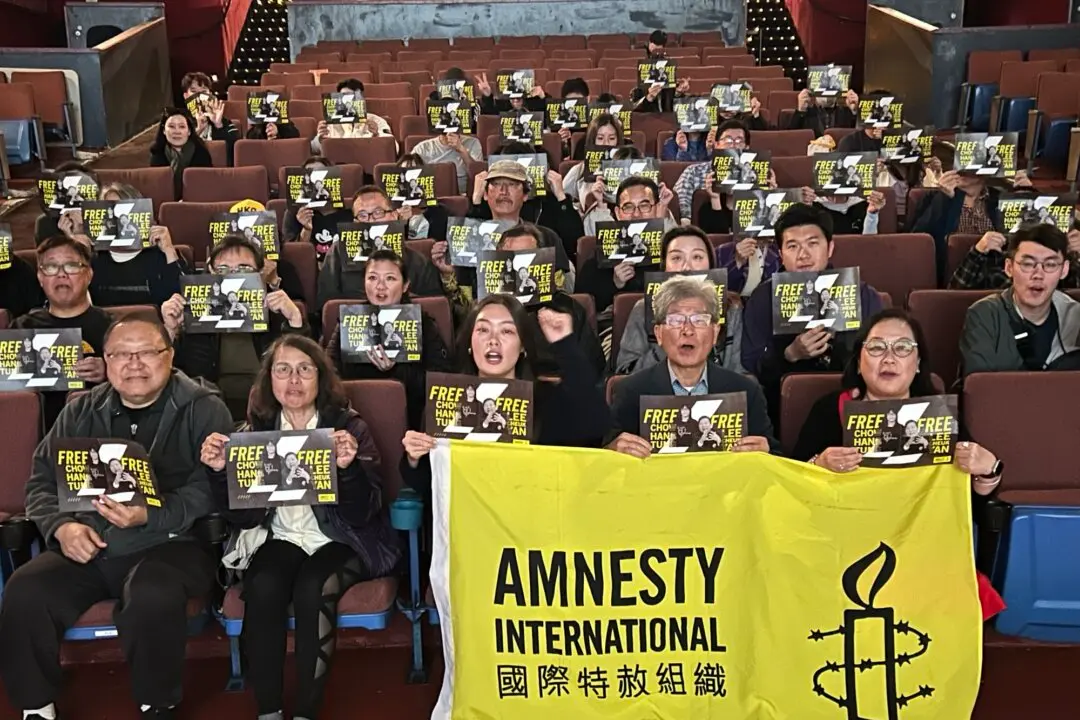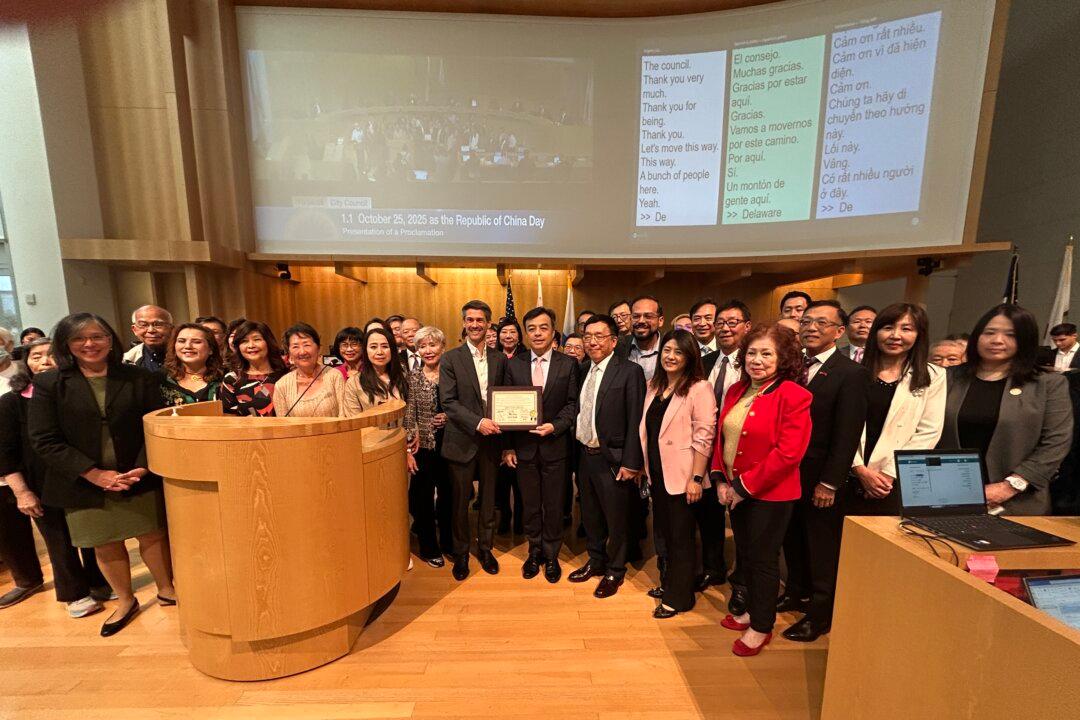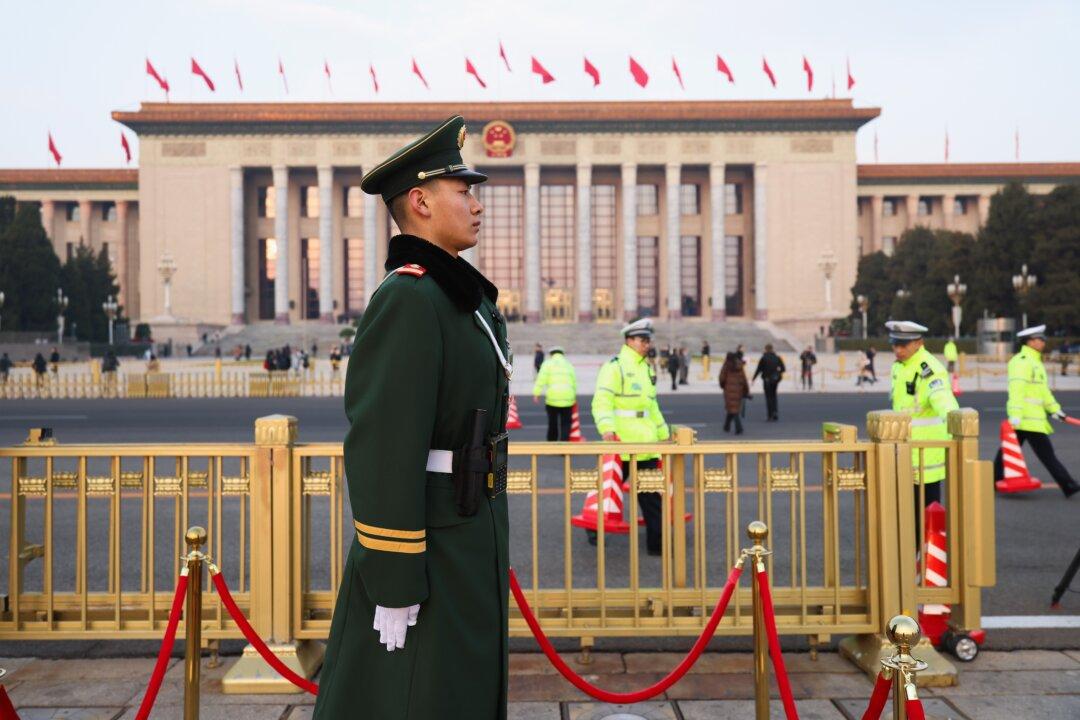Commentary
The establishment of a new China Committee by the House in the U.S. Congress is being widely seen as the first victory of the new Republican Speaker of the House Kevin McCarthy. But most people have failed to realize that this committee should have been established a long time ago.





